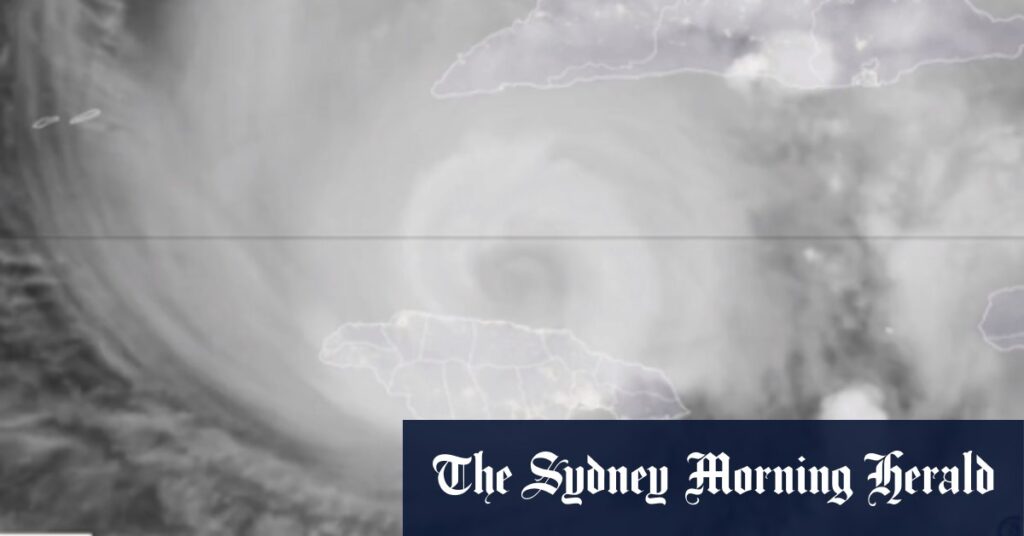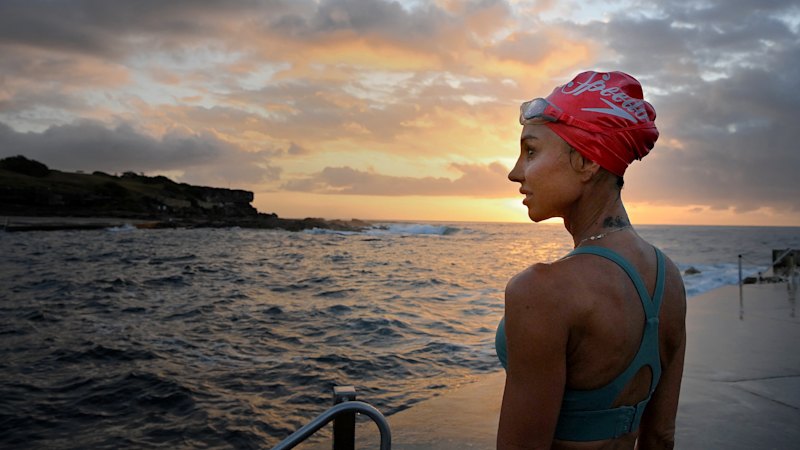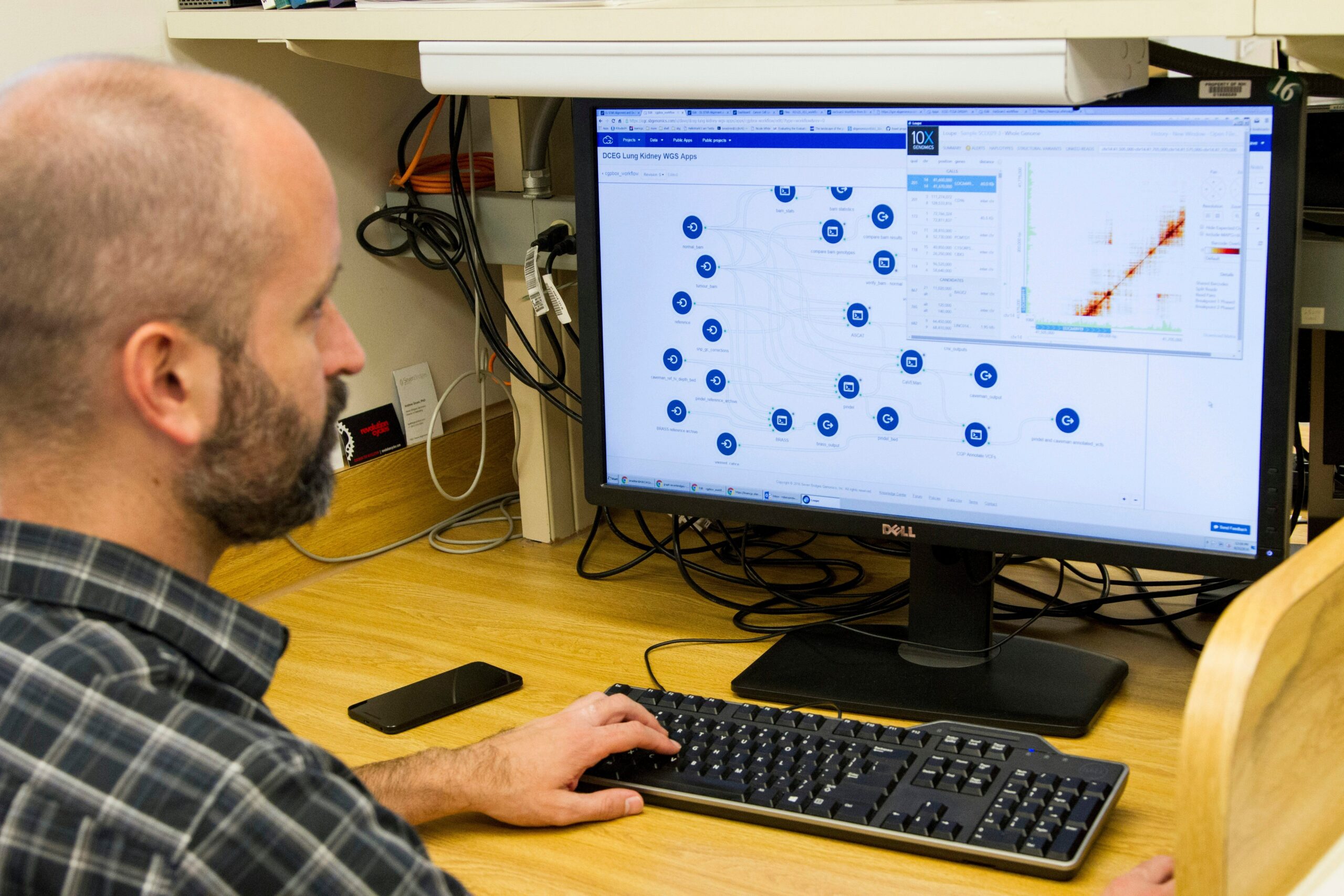
Kingston, Jamaica: Hurricane Melissa, a formidable category 4 storm, is bearing down on Cuba’s second-largest city, Santiago de Cuba, after wreaking havoc in Jamaica. The storm made landfall near Jamaica’s southwestern town of New Hope on Tuesday, unleashing sustained winds of up to 295 kilometers per hour, making it the strongest cyclone ever recorded to hit the island, according to the United States’ National Hurricane Center (NHC).
In the aftermath, the parish of St Elizabeth in southwestern Jamaica was left submerged, with over 500,000 residents experiencing power outages. Jamaican Prime Minister Andrew Holness reported significant damage to hospitals, residential and commercial properties, and road infrastructure. While no confirmed fatalities have been reported, Holness cautioned that the extent of the damage suggests potential loss of life.
Impact on Jamaica: A Nation Under Siege
Hurricane Melissa’s winds decreased to 233 kilometers per hour as it moved past Jamaica, but the storm continued to batter the island’s highland communities, which are particularly vulnerable to landslides and flooding. Local media reported at least three deaths during storm preparations, and a disaster coordinator suffered a stroke as the storm approached.
Jamaica, no stranger to hurricanes, has never before experienced a direct hit from a category 4 or 5 storm. The government has appealed for international aid, even as it grapples with the aftermath of the storm. Meteorologists at AccuWeather have ranked Melissa as the third-most intense hurricane in the Caribbean, following Wilma in 2005 and Gilbert in 1988, which was the last major hurricane to make landfall in Jamaica.
“It’s a catastrophic situation,” said Anne-Claire Fontan, a tropical cyclone specialist with the World Meteorological Organization, warning of storm surges up to four meters high. “For Jamaica, it will be the storm of the century, for sure.”
Cuba Braces for Impact
As Hurricane Melissa advances towards Cuba, authorities have ordered the evacuation of approximately 500,000 people to higher ground. Cuban President Miguel Diaz-Canel urged citizens to follow evacuation orders, emphasizing the potential for significant damage. The storm is expected to impact Santiago de Cuba, Cuba’s second-most populous city, by the afternoon and evening.
Meanwhile, the Bahamas, next in Melissa’s path, has also initiated evacuations in southern regions of the archipelago. The island shared by Haiti and the Dominican Republic has already experienced days of torrential rain, resulting in at least four deaths.
Historical Context and Climate Change Concerns
Hurricane Melissa’s unprecedented strength and slow movement have heightened concerns about the increasing intensity and frequency of storms, attributed to warming ocean waters. Caribbean leaders have long called for reparations from wealthy, heavy-polluting nations, arguing that these countries should provide aid or debt relief to the vulnerable tropical island nations.
“People are scared. Memories of Hurricane Gilbert run deep, and there is frustration that Jamaica continues to face the worst consequences of a climate crisis we did not cause,” said Colin Bogle, an adviser to Mercy Corps in Portmore, Jamaica.
Experts warn that food aid, tools, vehicle parts, and seeds for farmers will be crucial in the recovery efforts. Hurricane Melissa has devastated some of Jamaica’s most productive agricultural zones, echoing the destruction caused by Hurricane Beryl last year.
Looking Ahead: Recovery and Aid
Jamaica has allocated an emergency budget of $33 million and has insurance and credit provisions in place for damages exceeding those caused by Hurricane Beryl. However, the scale of the destruction necessitates international assistance to support the island’s recovery efforts.
As Cuba braces for Hurricane Melissa’s impact, the focus remains on evacuation and preparation. The storm’s trajectory and potential for further destruction underscore the urgent need for comprehensive climate action and support for affected regions.
With the Caribbean once again facing the brunt of nature’s fury, the call for global solidarity and climate justice grows ever stronger.






